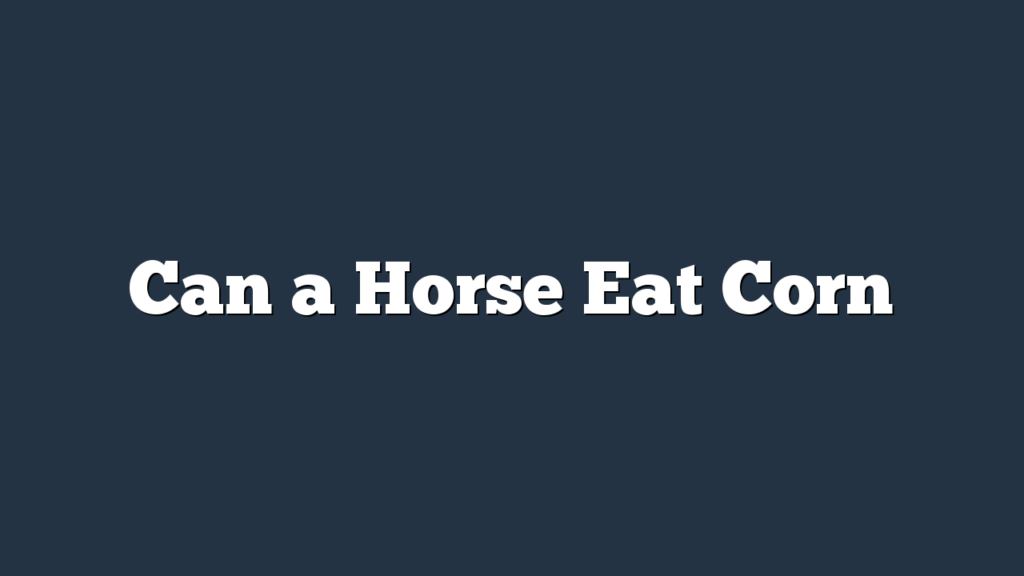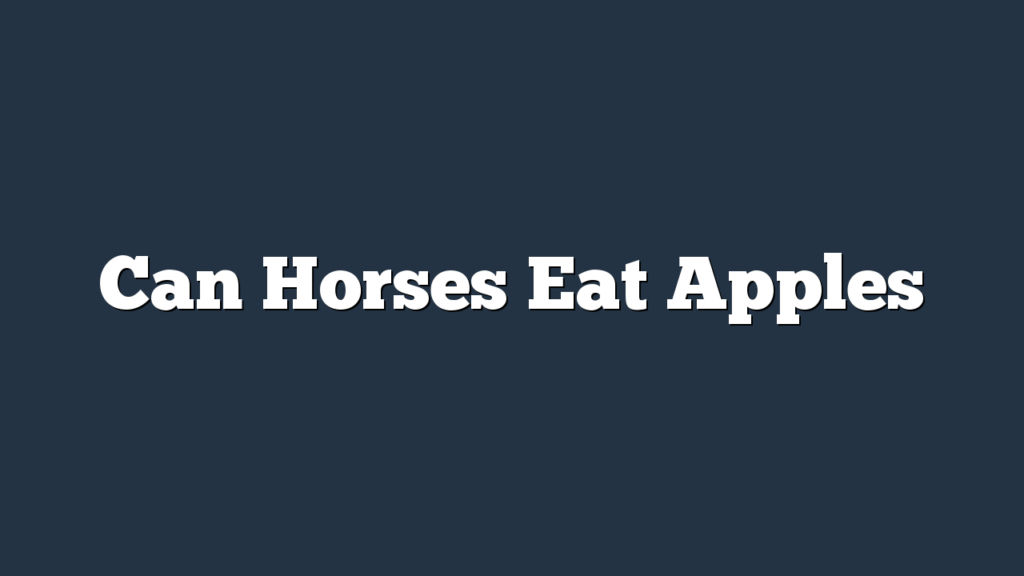Are you considering boarding a horse but unsure of the costs involved? Look no further! In this article, we’ll break down the expenses you can expect when boarding your equine friend.
From stable fees to veterinary and farrier costs, we’ll cover it all. Additionally, we’ll explore the prices of additional services and amenities, as well as feed, bedding, and other miscellaneous expenses.
So, grab a cup of coffee and let’s dive into the world of horse boarding costs!
Stable Fees
To board your horse, you’ll need to pay stable fees. These fees cover the cost of housing and caring for your horse at the facility. The amount you pay can vary depending on the services and amenities provided by the stable.
One factor that can affect the cost is the daily turnout options. Some stables offer pasture turnout, where your horse can graze and socialize with other horses in a large outdoor area. Others may offer limited turnout or even no turnout at all.
The availability of training and exercise programs can also impact the price. If the stable offers professional training or exercise sessions for your horse, you can expect to pay more. These programs can help keep your horse fit and well-trained.
It’s important to consider your horse’s needs and your budget when choosing a stable. Be sure to inquire about the stable fees and what services are included to make an informed decision.
Additional Services and Amenities
When it comes to additional services and amenities for boarding your horse, you can expect a range of options and extras to enhance your horse’s experience. These services can include grooming and bathing services, as well as training and exercise programs.
Grooming and bathing services are essential for maintaining your horse’s health and appearance. Boarding facilities often offer professional grooming services, which can include brushing, mane and tail care, hoof cleaning, and even bathing. These services not only keep your horse looking great, but they also help prevent skin issues and promote overall well-being.
Training and exercise programs are another popular option for horse owners. Many boarding facilities offer various training programs tailored to your horse’s needs, whether it’s basic obedience training or advanced performance training. These programs can help improve your horse’s behavior, performance, and overall fitness. Additionally, exercise programs such as daily turnout or access to riding arenas and trails provide your horse with ample opportunities to stay active and maintain a healthy lifestyle.
To give you a better idea of the additional services and amenities available, here’s a table showcasing some common options:
| Service | Description |
|---|---|
| Grooming and bathing | Professional grooming services, including brushing, mane and tail care, hoof cleaning, and bathing. |
| Training programs | Tailored training programs to improve your horse’s behavior, performance, and fitness. |
| Exercise programs | Daily turnout, access to riding arenas and trails to ensure your horse stays active and healthy. |
| Veterinary care | On-site veterinary services or access to a veterinarian for routine check-ups and emergency care. |
| Extra amenities and upgrades | Additional amenities such as heated stables, heated wash racks, tack rooms, and upgrades like premium bedding, personalized feeding plans, and specialized care for senior or injured horses. |
These additional services and amenities not only provide convenience for horse owners but also contribute to the overall well-being and happiness of your horse. It’s essential to consider these options when choosing a boarding facility to ensure the best possible care for your equine companion.
Veterinary and Farrier Costs
You can expect to incur veterinary and farrier costs for the regular maintenance and health care of your horse. Health maintenance is crucial to ensure the overall well-being of your equine companion. Regular check-ups and vaccinations are necessary to prevent and detect any potential health issues. This includes annual physical examinations, dental care, and vaccinations against diseases such as tetanus, influenza, and West Nile virus.
Hoof care is another important aspect of your horse’s health. Regular farrier visits are essential to maintain proper hoof health. The farrier will trim and balance the hooves, as well as provide necessary shoeing if required. This helps prevent conditions like lameness and promotes optimal hoof function.
The cost of veterinary and farrier care can vary depending on the location, the specific services required, and the health of your horse. On average, you can expect to spend around $400 to $800 per year on veterinary care, including vaccinations and routine check-ups. Farrier costs can range from $30 to $150 per visit, depending on the services provided and the area you’re in.
It is important to budget for these ongoing expenses to ensure your horse’s health is maintained and any potential issues are addressed promptly. Regular veterinary and farrier care is an investment in your horse’s long-term well-being.
Feed and Bedding Expenses
Your horse will require a specific amount of feed and bedding to meet its daily needs and ensure its comfort. The cost of feed and bedding can vary depending on the size and dietary requirements of your horse, as well as the type of bedding material you choose.
When it comes to the daily ration, you need to consider the type and amount of feed your horse requires. This can include hay, grains, and supplements. The cost of these items can range from $1 to $5 per day, depending on the quality and quantity needed for your horse’s specific needs.
In terms of bedding material, there are several options available such as straw, wood shavings, and sawdust. The choice of bedding material will depend on factors such as availability, absorbency, and ease of cleaning. The cost of bedding can range from $1 to $3 per day, depending on the type and quantity required.
To give you a better idea of the potential costs involved, here is a table outlining the estimated daily costs for feed and bedding:
| Item | Cost Range per Day |
|---|---|
| Hay | $1 – $3 |
| Grains | $0.50 – $2 |
| Supplements | $0.50 – $2 |
| Straw | $1 – $2 |
| Wood Shavings | $2 – $3 |
| Sawdust | $1 – $2 |
Keep in mind that these costs are just estimates and can vary depending on your location and the specific needs of your horse. It is always a good idea to consult with a veterinarian or equine nutritionist to determine the best feeding and bedding plan for your horse.
Miscellaneous Expenses
Typically, as a horse owner, you may incur miscellaneous expenses on a monthly basis. These expenses can include transportation fees and insurance coverage.
When it comes to transporting your horse, you may need to consider the costs associated with moving your horse from one location to another. This can include fuel costs, trailer rental fees, and even overnight stabling fees if your horse needs to stay at a facility during the journey.
Additionally, it’s essential to have insurance coverage for your horse. This can help protect you financially in case of any unforeseen accidents, injuries, or illnesses that may occur. Insurance coverage for horses can vary depending on factors such as the horse’s age, value, and the type of coverage you choose. It’s crucial to research and compare different insurance options to find the best coverage for your horse’s specific needs.
Frequently Asked Questions
What Is the Average Cost of Horse Insurance?
The average cost of horse insurance can vary depending on factors like the horse’s value, age, and use. It’s important to research different providers and policies to find the best coverage for your horse.
Are There Any Additional Fees for Using the Riding Arena or Trails?
When you board a horse, there may be additional fees for using the riding arena or trails. These fees typically cover maintenance and upkeep costs for these facilities.
How Much Does It Cost to Transport a Horse to and From the Boarding Stable?
Transporting a horse to and from the boarding stable can vary in cost. Factors like distance, fuel prices, and transportation company fees can affect the overall cost of horse transportation.
Are There Any Hidden Fees or Charges That Are Not Mentioned in the Article?
When considering the cost of boarding a horse, be aware of any hidden fees or charges not mentioned in the article. Factors such as vet care, special services, or supplies can affect the overall cost.
Can I Bring My Own Feed and Bedding for My Horse to Save on Expenses?
If you bring your own feed and bedding for your horse, it can be a cost-saving option. However, it’s important to check with the boarding facility first to make sure they allow it.
Conclusion
So, if you’re considering boarding a horse, it’s important to understand the associated costs.
Stable fees typically range from $200 to $1,000 per month, depending on the location and facilities.
Additional services and amenities can add to the expenses, such as grooming, training, and turnout.
Veterinary and farrier costs should also be factored in, along with feed and bedding expenses.
Don’t forget to account for miscellaneous expenses like tack and equipment.
Overall, horse boarding can be a significant financial commitment.



